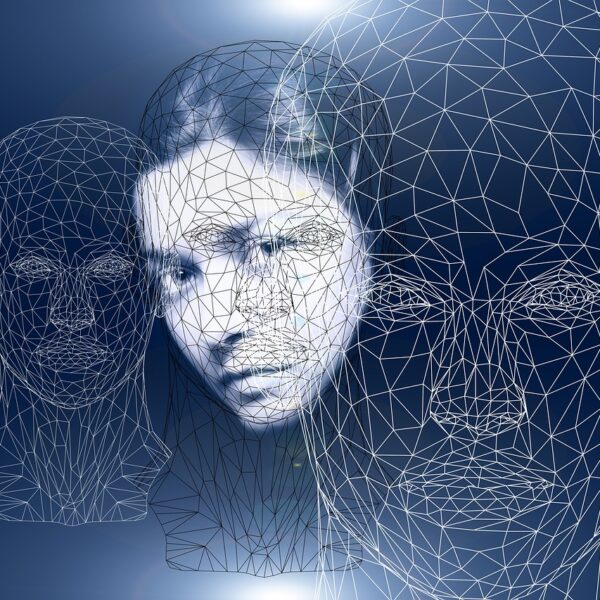An Introduction to Transactional Analysis: Understanding Human Behaviour and Communication
Transactional Analysis (TA) is a powerful psychological theory and therapeutic approach developed by Dr. Eric Berne in the late 1950s. It offers valuable insights into human behaviour, communication, and relationships by analysing the interactions (or “transactions”) between individuals. TA helps us understand why we think, feel, and behave the way we do, and how our past experiences influence our present interactions.
In this blog, we will explore the core concepts of Transactional Analysis, how it works, and its benefits in everyday life and therapy.
What is Transactional Analysis?
Transactional Analysis is based on the idea that people interact through three distinct ego states: Parent, Adult, and Child. These ego states represent different ways of thinking, feeling, and behaving. Understanding these states and how they interact in communication can help improve relationships and promote personal growth.
The Three Ego States in Transactional Analysis
- Parent Ego State
The Parent state contains the behaviours, thoughts, and feelings we learn from our parents or other authority figures. It can be nurturing, caring, and protective (Nurturing Parent) or critical, judgmental, and controlling (Critical Parent).- Nurturing Parent: Offers support, encouragement, and care.
- Critical Parent: Imposes rules, criticises, or gives strict instructions.
Example: A teacher scolding a student for not completing their homework is engaging their Critical Parent ego state, while a parent comforting their child is acting from their Nurturing Parent state.
- Adult Ego State
The Adult state is rational, objective, and grounded in the present. It processes information, makes decisions, and solves problems based on facts rather than emotions or learned behaviours. This is the state where healthy communication and logical thinking occur.Example: When you carefully weigh the pros and cons of a decision before making a choice, you are functioning from your Adult ego state. - Child Ego State
The Child state consists of the feelings, behaviours, and thoughts that come from our early childhood experiences. It can be spontaneous, curious, and joyful (Free Child), or it can be fearful, dependent, or rebellious (Adapted Child).- Free Child: Expresses creativity, emotions, and curiosity.
- Adapted Child: Conforms to rules or reacts in a rebellious way to perceived control.
Example: Feeling playful and carefree while on holiday might reflect your Free Child state, while feeling frustrated when told what to do at work may indicate your Adapted Child reacting.
Transactions: How We Communicate
In TA, a transaction is an exchange of communication between two or more people. Each transaction involves one person sending a message from one of their ego states, which is received by another person through one of their own ego states.
- Complementary Transactions
In a complementary transaction, the response comes from the expected ego state, creating smooth, clear communication. For example, if one person speaks from their Adult ego state, the other person responds from their adult state as well.Example:- Person A (Adult): “What time is the meeting tomorrow?”
- Person B (Adult): “It’s at 10 a.m.”
- Crossed Transactions
In a crossed transaction, the response comes from an unexpected ego state, which can lead to conflict or miscommunication. For example, if one person speaks from their Adult state but the other responds from their Critical Parent state, tension may arise.Example:- Person A (Adult): “What time is the meeting tomorrow?”
- Person B (Critical Parent): “You should already know that by now!”
- Ulterior Transactions
These involve two messages being sent simultaneously, one overt (spoken) and one covert (unspoken). Ulterior transactions can be playful or manipulative, often involving hidden meanings.Example:- Person A (Adult): “Could you close the window?”
- Person B (Free Child): “Sure, if you make me a coffee first!”
Life Positions in Transactional Analysis
Another key concept in TA is the idea of Life Positions. These represent the deep-seated beliefs we hold about ourselves and others, and they shape our interactions and relationships. Berne identified four main life positions:
- I’m OK, You’re OK
This is the healthiest and most balanced life position, where both individuals feel valued and respected. Communication is open, rational, and respectful. - I’m Not OK, You’re OK
In this position, a person feels inferior or unworthy compared to others. They may be submissive or overly dependent on others for validation. - I’m OK, You’re Not OK
Here, the person feels superior to others and may be critical, judgmental, or controlling in their interactions. - I’m Not OK, You’re Not OK
This is a negative and dysfunctional life position where both parties feel inadequate or hopeless. It can lead to despair or withdrawal from healthy interactions.
The goal of TA is to help people move toward the “I’m OK, You’re OK” position, where they can engage in positive, mutually respectful transactions.
The Benefits of Transactional Analysis
- Improved Communication
Understanding ego states and transactions helps individuals recognise how they and others are communicating. This leads to more effective communication, reduced conflicts, and healthier relationships. - Self-Awareness
TA promotes deeper self-awareness by helping individuals identify which ego states they tend to operate from. This awareness allows for healthier responses and emotional regulation. - Conflict Resolution
By recognising crossed or ulterior transactions, individuals can address miscommunications and resolve conflicts more effectively, reducing tension in personal and professional relationships. - Personal Growth
TA encourages personal growth by helping individuals challenge unhealthy life positions and replace them with more empowering beliefs about themselves and others. - Therapeutic Applications
Transactional Analysis is widely used in therapy to help individuals understand their internal dialogues, childhood influences, and recurring patterns in relationships. It provides a framework for addressing emotional issues and fostering emotional well-being.
Conclusion: How Transactional Analysis Can Transform Your Life
Transactional Analysis offers practical tools for improving communication, enhancing self-awareness, and fostering personal growth. By understanding your own ego states and recognising those of others, you can engage in healthier, more effective transactions, leading to more fulfilling relationships and greater emotional well-being.
Whether used in therapy or applied in daily life, TA helps individuals break free from negative patterns, achieve personal growth, and build stronger connections with those around them.



